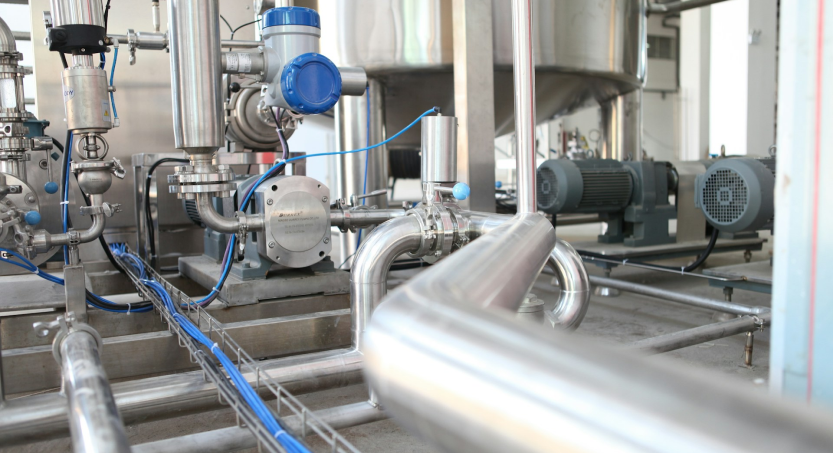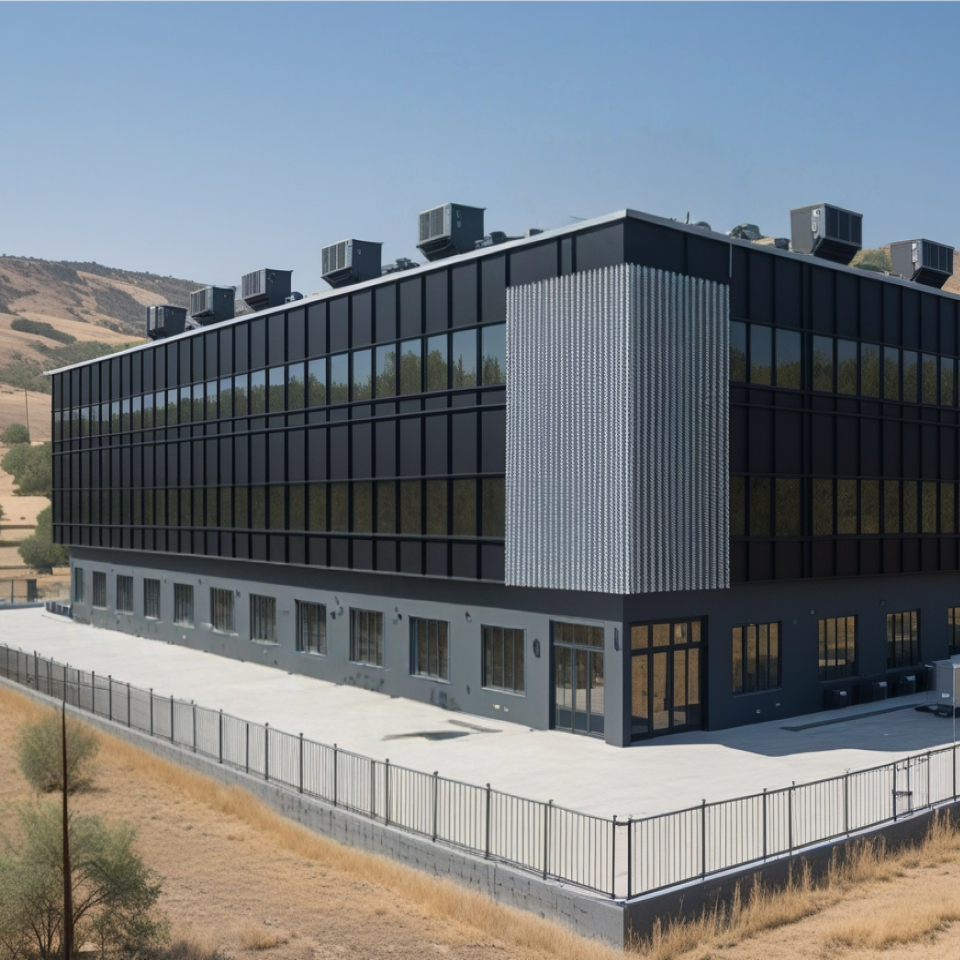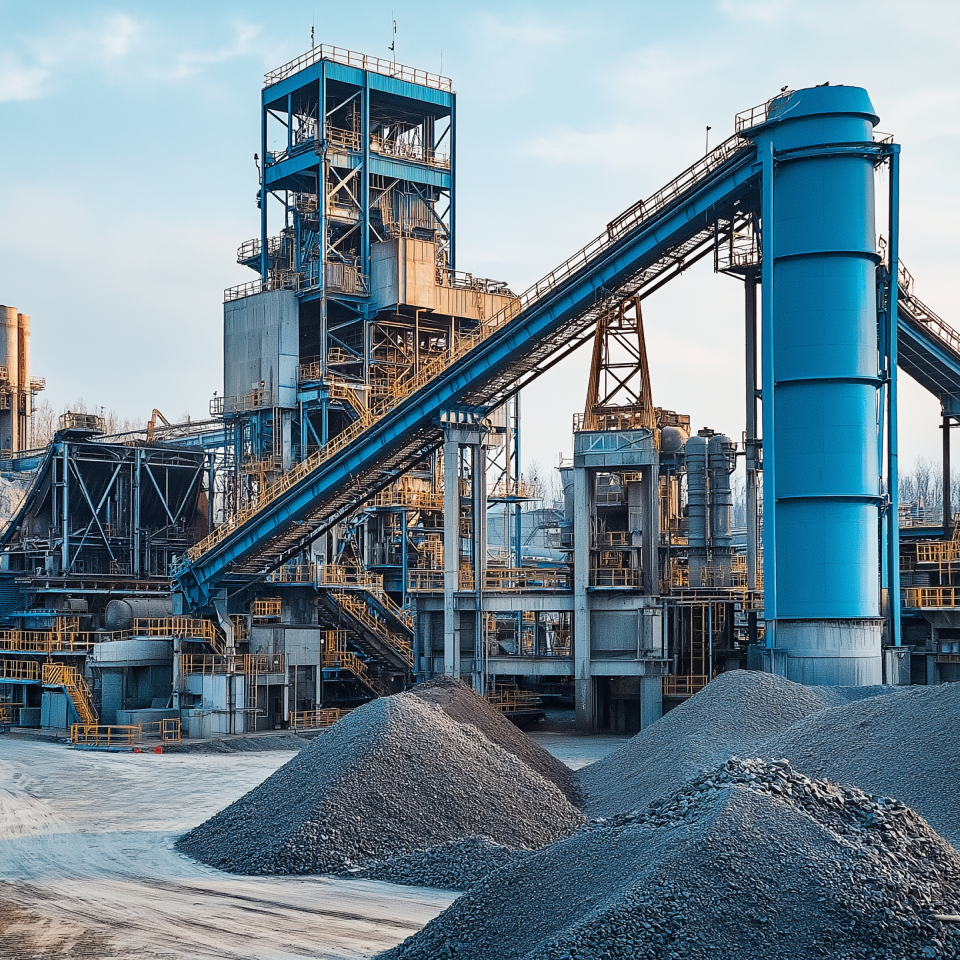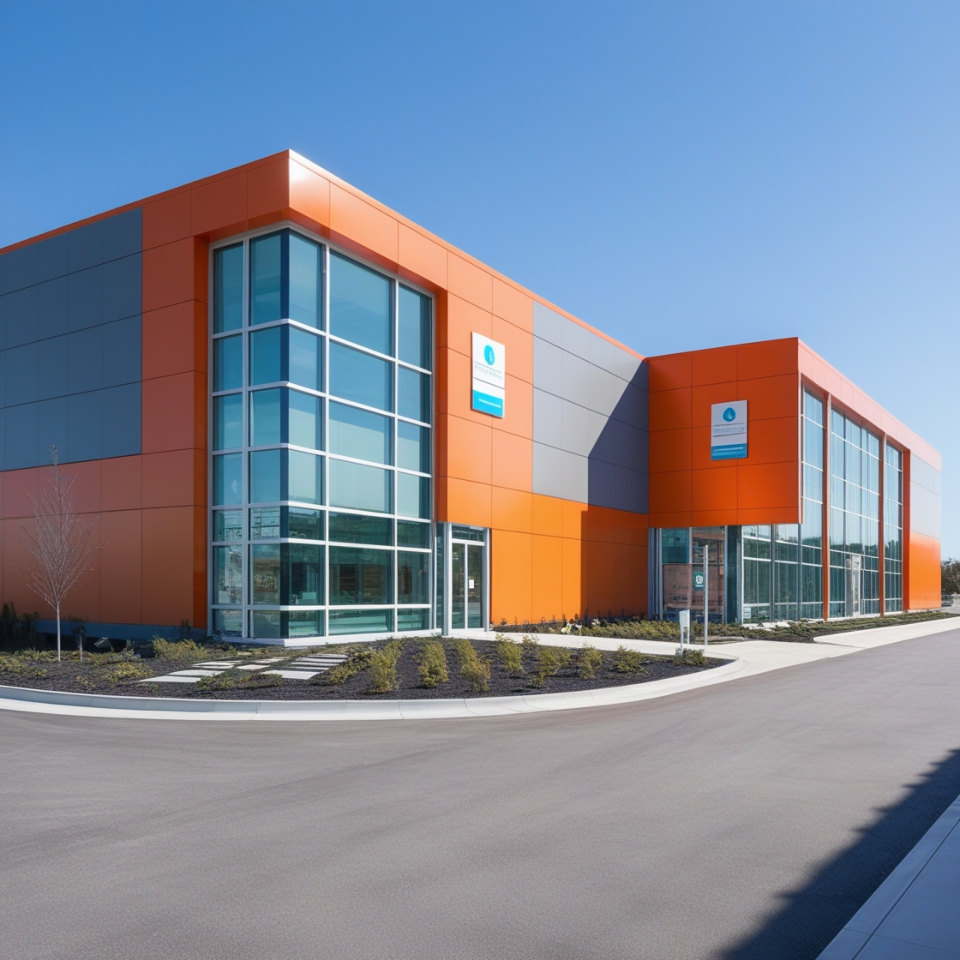Water management and treatment infrastructure are far more than basic utility systems—they represent the critical lifeblood of modern civilization. These essential services underpin access to clean drinking water, support public sanitation, and ensure urban environmental safety. Envisioning a scenario where domestic water supply ceases or wastewater systems fail would result in an immediate public health emergency and severe disruption to daily life. The reliability of these mission-critical systems is paramount for maintaining the health, safety, and well-being of urban populations.

Today's wastewater management and water treatment infrastructures are sophisticated process systems featuring intricate networks of interconnected elements, including high-performance pumping stations, advanced filtration technologies, strategically located storage reservoirs, extensive pipeline distribution networks, precision monitoring instrumentation, and integrated control systems. Manual operation of these complex systems presents significant challenges and operational risks. Continuous oversight of equipment functionality, precise control of treatment processes, stringent water quality monitoring, and immediate response to operational deviations are critical requirements for safe and efficient system performance.
This is where advanced automation solutions become indispensable. Through the implementation of state-of-the-art control systems integrated throughout the entire wastewater and water treatment infrastructure, operators gain the ability to continuously monitor equipment performance, dynamically adjust operational parameters, optimize energy consumption patterns, detect anomalies in real-time, prevent potential failures, and maintain process safety and compliance. These intelligent automation frameworks enable autonomous adaptation to fluctuating environmental conditions, proactive failure prevention, and consistent delivery of high-quality potable water to urban communities.
The implementation of automated control technologies provides the assurance that drinking water supplies remain safe and uncontaminated, wastewater management systems operate reliably, public health standards are consistently met, environmental protection measures are maintained, and service delivery remains uninterrupted. Modern automation systems deliver the reliability, efficiency, and operational certainty required to meet these essential public service objectives.






